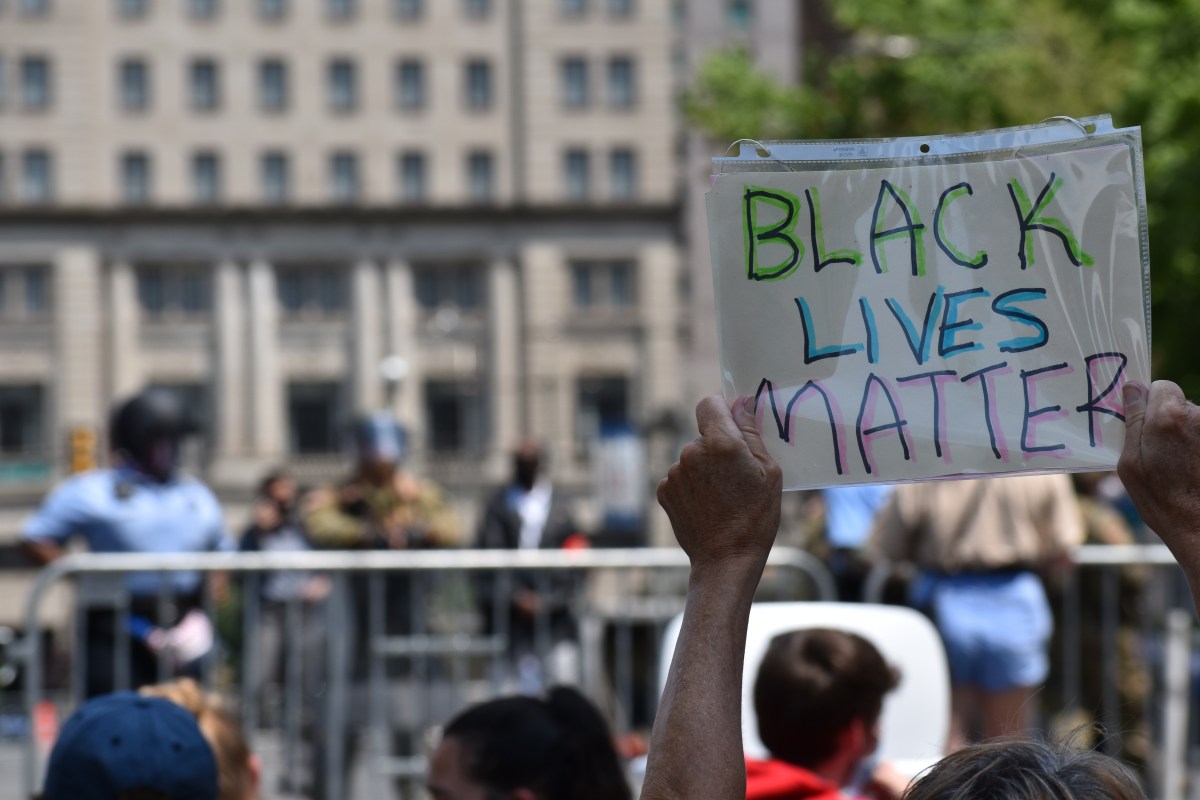(Reuters) -Texas Democratic lawmakers, scattered around the country, said on Thursday they were more determined than ever to block voting restrictions in their state, after the state supreme court ruled they could be arrested for fleeing Austin in July to deny Republicans the quorum needed to pass the bill.
From Houston, Washington, D.C., and undisclosed locations, four of the absentee lawmakers told Reuters they would continue to defy Texas Republican Governor Greg Abbott’s order to return to the legislature, despite arrest warrants served on Wednesday for them and 48 other Democrats.
The lawmakers’ exodus on July 12 set up one of the most prolonged showdowns over U.S. state bills limiting voting access. Republicans have pushed the measures, citing former President Donald Trump’s baseless claims that voter fraud cost him the November election.
The state supreme court decision prompted Democratic lawmakers to seek protection from other sources, such as Harris County District Court, which on Wednesday granted state Representative Gene Wu a writ ordering all attempts to “compel his appearance at the Capitol” to cease.
However, the Texas Supreme Court on Thursday temporarily blocked the district court ruling – allowing for the civil arrests of any absent lawmakers found within Texas. The arrest warrants are not valid outside the state.
Before that Supreme Court ruling on Thursday, Wu told Reuters by phone that the Democrats had “more cards up our sleeves” if the defense strategy failed. He declined to provide further details.
The Sergeant-at-Arms office in the Texas House of Representatives confirmed to Reuters that no actual arrests had been made as of Thursday. Abbott and Texas House Speaker Dade Phelan, the Republican who issued the arrest warrants, did not immediately return calls for comment.
Wu and another absentee Democratic lawmaker said their caucus had considered returning to the legislature to deal with other pressing issues, such as spiking COVID-19 cases in Texas and allocation of federal emergency funding.
“We don’t want the governor to divert billions of dollars in coronavirus aid to go into his funding of the Texas border wall,” said state Representative Alex Dominguez in a Wednesday phone call from an undisclosed location.
But state Representative Trey Martinez Fischer said it was premature for Democrats to consider returning to the statehouse, because he thought Republicans had created a “toxic” culture of mistrust by attacking Democratic lawmakers rather than negotiating.
“I don’t have any plans to do anything this session other than to defeat it,” he said in a phone call from Washington.
All four lawmakers agreed unity for the Democratic caucus was important.
“We’re deciding everything as a group, and we remain committed to each other in sticking together,” said state Representative Erin Zwiener in a phone call from an undisclosed location. “I am confident that we will move together as a caucus.”
(Reporting by Julia Harte in New York and Brad Brooks in Lubbock, Texas; Editing by David Gregorio)





















